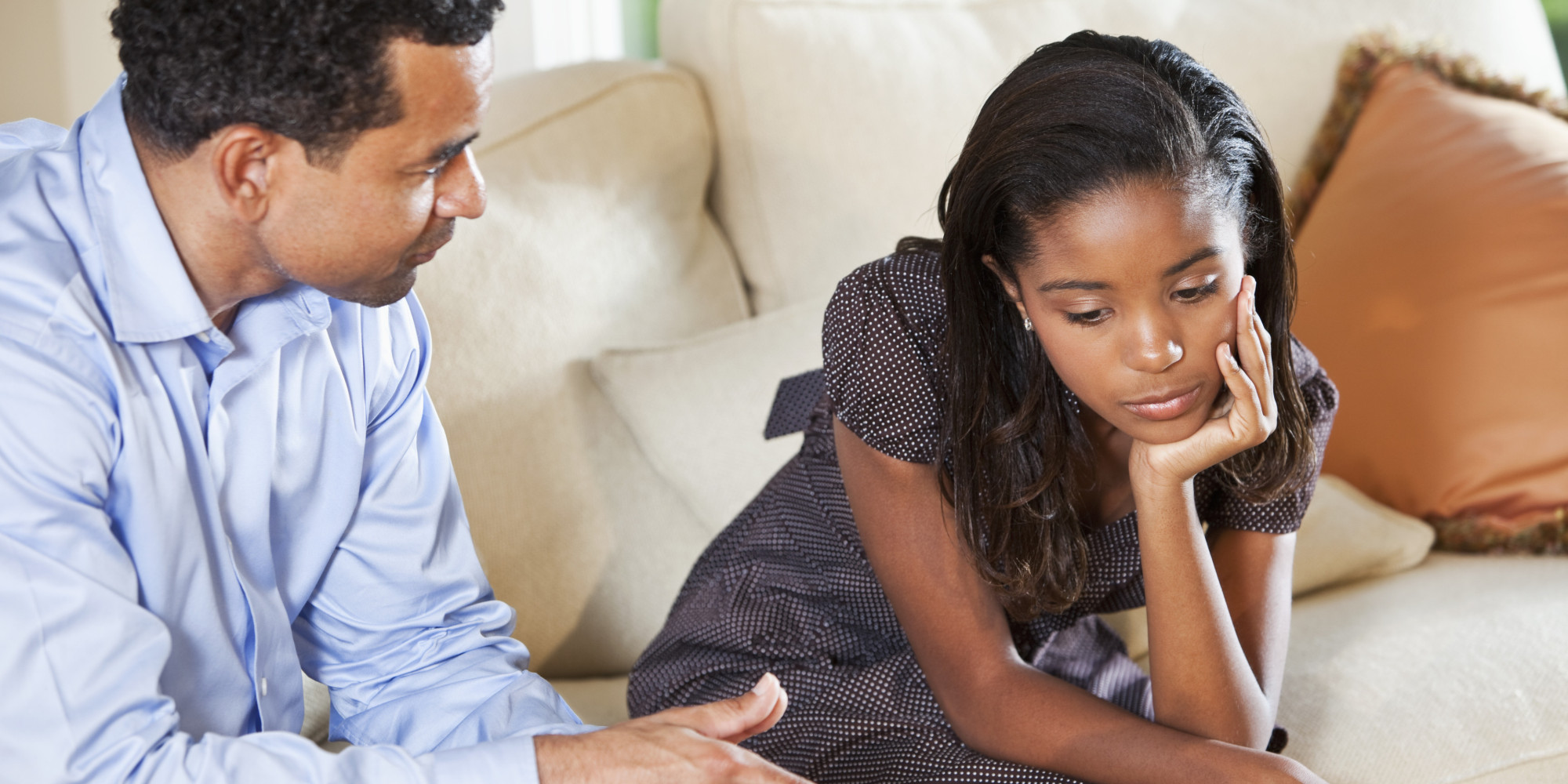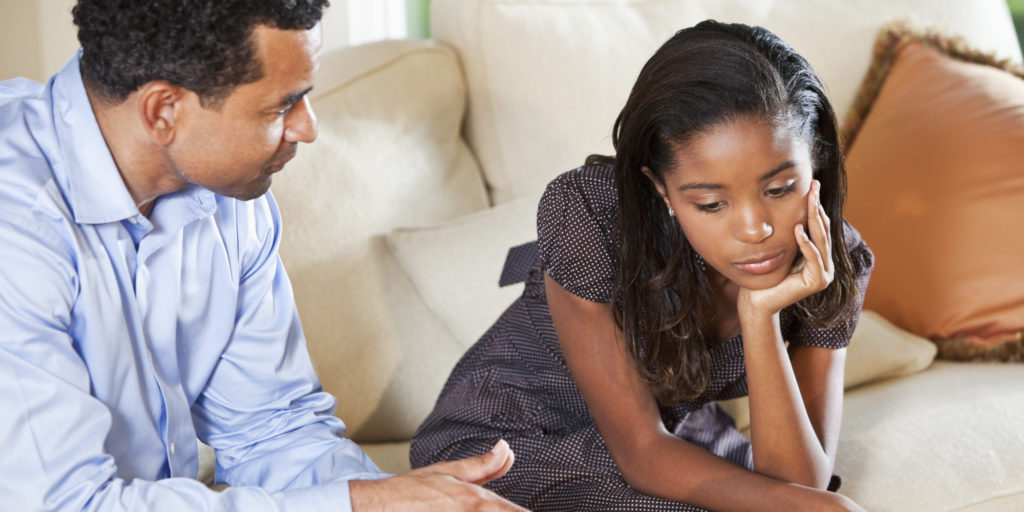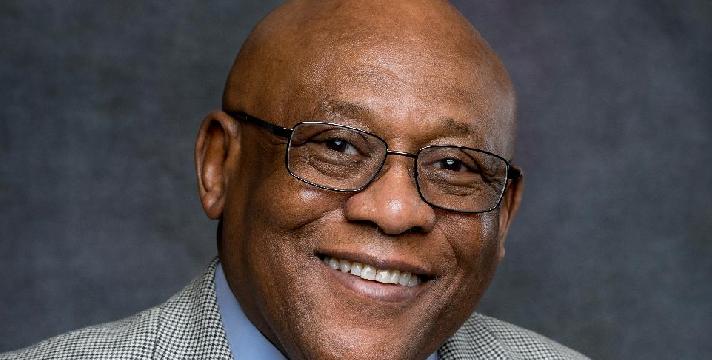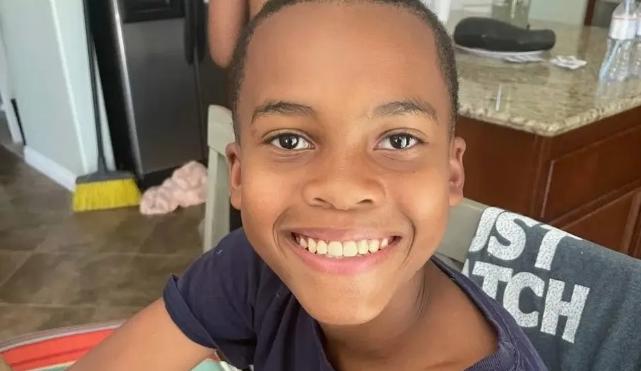*What about the children? How do we explain this to them? These are no doubt some of the questions on any parents mind in light of the recent mass shootings in Las Vegas.
With the wide media coverage and access to Internet, there is little doubt your child, if he or she is old enough to understand, has been cushioned against hearing about all of the killings and injuries.
Two child psychologists speak on how to talk to children about tragedy and provide guidance on approaching this delicate subject.
Here are some tips they shared.
#Age Matters
Dr. Jennifer L. Hartstein, a psychologist, says first consider the age of the child. If they are very young, they may not need to know anything.
“But if they do ask questions be mindful to only answer what is asked,” she adds, saying that as adults we tend to over-talk and bombard them with too much information.
If your child is a teen or tween she suggests you check out what they’re looking at on social media.
What do they know already?
“A lot of information is coming out through Snap chat, Instagram. They may not know how to process it all, so have them show you what they’re looking at and really pay attention and talk about it with them openly.”
If they ask ‘Why did this happen?’…
Why? This is a question your child may ask. Heck, its a question we as adults are still asking. I take it the doctor doesn’t think this is the best time to play superhero know-it-all. Dr. Hartstein says sometimes the simplest (and truest) answer may be best.
“Just say I don’t know…Or maybe say, sometimes people make really bad choices and do bad things. Our job as your parents is to keep you safe.”
Watch for changes in their behavior
Dr. Hartstein warns parents to be extra vigilant when it comes to changes in their child’s behavior — anything that deviates from their daily routine. “Are they less interested in things? More clingy? Are they refusing to go to school or not wanting to go to places where there are crowds because they’re afraid?
Don’t be (too prideful or) afraid to ask for help
You know ‘US.’ We don’t want people all up in our business! But this ain’t only about us. It’s about the children. And with this in mind the doctor says don’t be afraid to ask for help.
“You may want to consider reaching out to the guidance4 counselor at school, or talking to your pediatrician or a therapist to get some additional support on how to help them through this depressive, anxious time. How to help you to help them manage it.”
…and finally: Be sure to take care of YOU!
Mommy: The doctor speaks to an adage we have become very familiar with. Daddy excuse us for a sec but…“If mama ain’t well, chances are nobody else will be either.”
OK, I edited this well-known saying, but you know what I mean.
“Last but not least, think about yourself. It’s really important as a parent that you take care of your own self care, and then administer it to all of the people in your life that might need it.”
Words to live by. Thank you Dr. Hartstein!
Below, in a FOX4 news report, child psychologist Eva Smidova of Naples provides more examples on how to talk to your child about tragedy.





